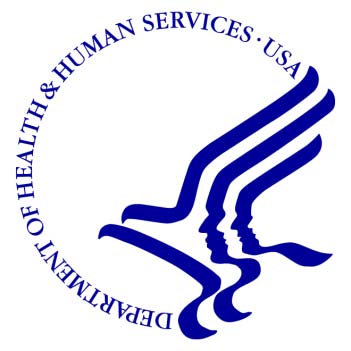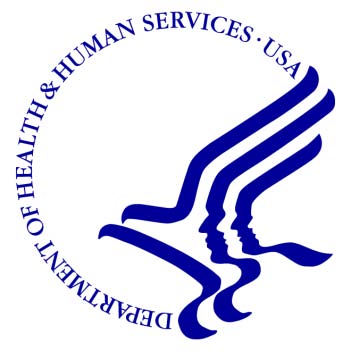

What You Should Know:
– HHS Office of the National Coordinator for Health Information Technology (ONC) will award up to five 5 cooperative
agreements under the Strengthening
the Technical Advancement and Readiness of Public Health Agencies via Health Information Exchange
(STAR HIE) Program.
The U.S. Department of Health and
Human Services (HHS) today issued a Notice of Funding Opportunity to expand and
accelerate innovative uses of electronic health information via health information exchanges (HIEs)
to support state and local public health agencies.
Strengthening health data exchange and use between HIEs and state and local public health agencies will
help communities to better prevent, respond to, and recover from public health emergencies,
including disasters and pandemics such as COVID-19.
5 Awards for STAR HIE Program
With $2.5 million in funding from the
Coronavirus Aid, Relief, and Economic Security Act (CARES Act) signed by
President Trump on March 27, 2020, the HHS Office of the National
Coordinator for Health Information Technology (ONC) will award
up to five (5) cooperative agreements under the Strengthening
the Technical Advancement and Readiness of Public Health Agencies via Health Information Exchange
(STAR HIE) Program.
STAR HIE Program Objectives
The Program has the following objectives:
- Build innovative HIE
services that benefit public health agencies.
Applicants must propose activities that would benefit public health agencies.
This requirement is included in the NOFO because of the unique opportunity that
HIEs present with regard to supporting public health agencies. The outcome of
achieving this objective will be that public health agencies are more capable
of responding to public health events, including pandemics such as COVID-19. - Improve the HIE services
available to support communities disproportionately impacted by the COVID-19
pandemic.
Applicants must describe how they would deploy services or functionalities to
enable, enhance, or increase the use of health information exchange among
relevant entities, including providers who care for vulnerable or at-risk
populations. Applicants must describe how their activities under the
cooperative agreement address communities disproportionately impacted by the
COVID-19 pandemic, including as it relates to the stratifying factors of age,
race, ethnicity, disability, and sex. The outcome of achieving this objective
will be to increase public health understanding of how COVID-19 has
disproportionately impacted various communities and increase the capability of
public health agencies and the health care system to respond to that impact.
STAR HIE Program Award Recipient Requirements
Award recipients will focus on improving HIE
services (such as last-mile connectivity and data services) in support of state and local public health agencies.
The STAR HIE Program aims to strengthen existing state and local HIE
infrastructure so that public health agencies are able to
better access, share, and use health information as well
as support communities that have been disproportionately impacted by
the COVID-19 pandemic.
Award recipients will be required to deploy
services that can enable, enhance, or increase the use of health information exchange
at the state and local levels among relevant entities, and
be inclusive of a diverse set of participating providers, including those who
care for vulnerable or at-risk populations. They also will be required to
engage in activities that address communities disproportionately impacted by
the COVID-19 pandemic, considering factors such as age, race, ethnicity,
disability, and sex.
Why It Matters
“State and local HIEs play a unique role in their communities by uniting health information from many different sites of service, including providers, hospitals, nursing homes, clinical laboratories, and public health departments, making them a natural fit to deliver innovative, local ‘last mile’ approaches to strengthen our overall public health response,” said Don Rucker, M.D., national coordinator for health information technology. “The funding opportunity we announced today will invest in infrastructure and data services for HIEs that provide critical real-time information to communities at the frontlines of responding to the COVID-19 pandemic.”
